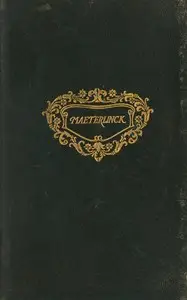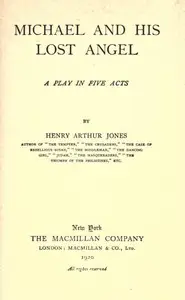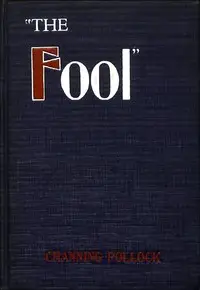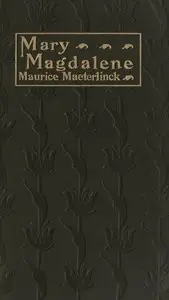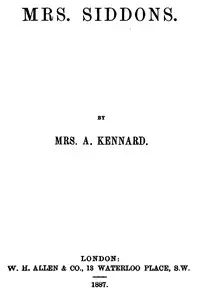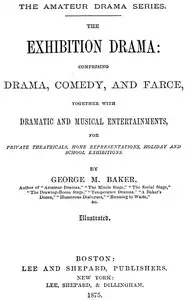"The Faith Healer: A Play in Three Acts" by William Vaughn Moody is a drama set in the early 1900s that looks closely at faith, the power to heal, and the struggle between what people believe and what they doubt, all through the mysterious character of Ulrich Michaelis. The story shows how people connect and deal with each other when faced with hope and hopelessness, especially as they experience unusual healings happening in a small farmhouse in the Midwest. The play starts by showing us the Beeler family as they cope with Ulrich Michaelis, who claims he can heal people through faith and has come to live with them. The mood is heavy with a feeling that something bad might occur, made stronger by the setting of fog and talk of illnesses. Characters like Matthew and Martha Beeler are unsure of Michaelis and the effect he’s having on their sick aunt, Mary Beeler, who seems to be doing better. Things change when Michaelis appears, showing his difficult relationships with the others, especially Rhoda, who both looks up to him and worries about him. This first part of the play builds up to a bigger look at faith and desperation as the characters look forward to major changes in their lives.

The Faith Healer: A Play in Three Acts
By William Vaughn Moody
In a fog-shrouded farmhouse, a family confronts a captivating faith healer whose arrival stirs hope, skepticism, and the possibility of miraculous recovery.
Summary
About the AuthorWilliam Vaughn Moody was an American dramatist and poet. Moody was author of The Great Divide, first presented under the title of The Sabine Woman at the Garrick Theatre in Chicago on April 12, 1906, and then on Broadway at the Princess Theatre, running for 238 performances from October 3, 1906, to March 24, 1907. His poetic dramas are The Masque of Judgment (1900), The Fire Bringer (1904), and The Death of Eve. His best-known poem is "An Ode in Time of Hesitation," on the Spanish-American War; others include "Gloucester Moor," "On a Soldier Fallen in the Philippines," "The Brute," "Harmonics", "Until the Troubling of the Waters," "The Departure," "How the Mead-Slave Was Set Free," "The Daguerreotype," and "The Death of Eve." His poems everywhere bespeak the social conscience of the progressive era (1893–1916) in which he spent his foreshortened life. In style they evoke a mastery of the verse-craft of his time and also the reach and depth derived from his intensive studies of Milton and of Greek tragedy.
William Vaughn Moody was an American dramatist and poet. Moody was author of The Great Divide, first presented under the title of The Sabine Woman at the Garrick Theatre in Chicago on April 12, 1906, and then on Broadway at the Princess Theatre, running for 238 performances from October 3, 1906, to March 24, 1907. His poetic dramas are The Masque of Judgment (1900), The Fire Bringer (1904), and The Death of Eve. His best-known poem is "An Ode in Time of Hesitation," on the Spanish-American War; others include "Gloucester Moor," "On a Soldier Fallen in the Philippines," "The Brute," "Harmonics", "Until the Troubling of the Waters," "The Departure," "How the Mead-Slave Was Set Free," "The Daguerreotype," and "The Death of Eve." His poems everywhere bespeak the social conscience of the progressive era (1893–1916) in which he spent his foreshortened life. In style they evoke a mastery of the verse-craft of his time and also the reach and depth derived from his intensive studies of Milton and of Greek tragedy.


